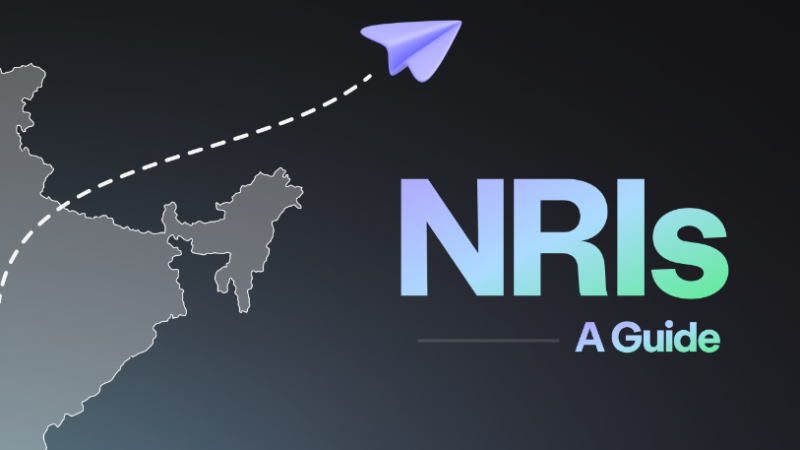Section 1: Overview of Counterfit

Microsoft has recently open-sourced Counterfit, an AI security risk assessment tool designed to assist developers in testing the security of AI and machine learning systems[1]. With the increasing use of AI systems in critical areas such as healthcare and finance, it is crucial to ensure that the algorithms used are robust, reliable, and trustworthy[3]. Counterfit aims to help organizations conduct comprehensive AI security risk assessments by abstracting the internal workings of AI models, allowing security professionals to focus on security assessment[2]. This article will delve into the features and capabilities of Counterfit, its potential applications, and the benefits it offers to organizations.
Overview of Counterfit
Counterfit is an environment-agnostic tool that can assess AI models hosted in any cloud environment, on-premises, or on the edge[2]. It is also model-agnostic, meaning it can work with various AI models regardless of their internal workings[2]. By abstracting the internal details of AI models, Counterfit allows security professionals to concentrate on evaluating the security aspects of these models[2]. The tool strives to be data-agnostic as well, enabling it to work with different types of AI models[2].
One of the key features of Counterfit is its ability to generate adversarial attacks against AI systems[1]. Adversarial attacks involve manipulating inputs to fool AI models into making incorrect predictions or decisions[1]. By simulating these attacks, organizations can identify vulnerabilities in their AI systems and take appropriate measures to enhance their security[1].
Conducting AI Security Risk Assessments
Counterfit assists organizations in conducting comprehensive AI security risk assessments[3]. It provides a range of functionalities that enable security professionals to evaluate the robustness and reliability of AI models. These functionalities include generating adversarial attacks, simulating data poisoning attacks, and conducting model extraction attacks[1].
Data poisoning attacks involve manipulating training data to compromise the performance and integrity of AI models[1]. Counterfit allows organizations to simulate such attacks, helping them identify potential weaknesses in their models and develop strategies to mitigate them[1].
Model extraction attacks involve attempting to extract sensitive information or intellectual property from AI models[1]. By simulating these attacks, organizations can assess the vulnerability of their models to unauthorized access or theft[1].
Benefits and Applications
Counterfit offers several benefits to organizations seeking to enhance the security of their AI systems. By identifying vulnerabilities and weaknesses in AI models, organizations can proactively address potential security risks before they are exploited by malicious actors[1]. This can help prevent financial losses, reputational damage, and legal liabilities associated with AI security breaches[1].
Furthermore, Counterfit enables organizations to comply with regulatory requirements and industry standards related to AI security[3]. By conducting regular security assessments using Counterfit, organizations can demonstrate their commitment to ensuring the robustness and reliability of their AI systems[3].
The applications of Counterfit extend beyond traditional industries. For example, in healthcare, where AI is increasingly used for diagnosis and treatment planning, ensuring the security of AI systems is of paramount importance[3]. Counterfit can help healthcare organizations assess the security of their AI models, safeguard patient data, and maintain the trust of patients and healthcare professionals[3].
Future Developments
As an open-source project, Counterfit has the potential for further development and improvement. The collaboration of the wider developer community can lead to the addition of new features and enhancements to address emerging AI security challenges[4]. Microsoft’s commitment to open-sourcing Counterfit demonstrates its dedication to fostering innovation and collaboration in the field of AI security.
Conclusion
Counterfit, an open-source AI security risk assessment tool developed by Microsoft, provides organizations with the means to evaluate the security of their AI and machine learning systems. By abstracting the internal workings of AI models, Counterfit enables security professionals to focus on assessing the security aspects of these models. With its capabilities for generating adversarial attacks, simulating data poisoning attacks, and conducting model extraction attacks, Counterfit empowers organizations to proactively identify and mitigate potential vulnerabilities in their AI systems. As AI continues to play an increasingly critical role in various industries, tools like Counterfit are essential for ensuring the robustness, reliability, and trustworthiness of AI models.






